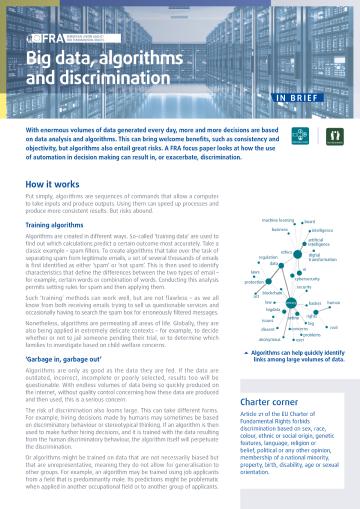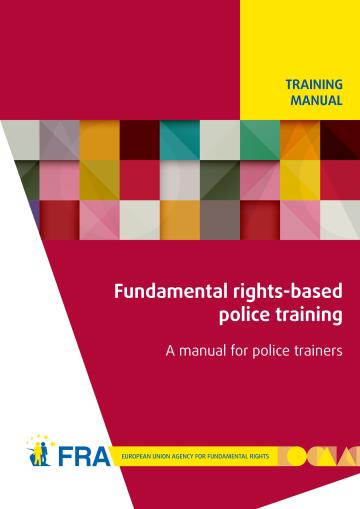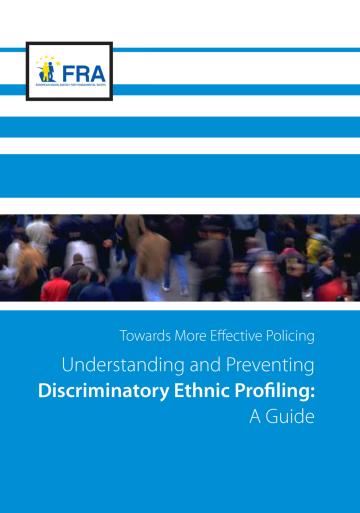Profilage illicite
Highlights
- VidéoThere are many reasons for the police to stop someone. But prejudice should not be one of them. Find out what FRA is doing to end discriminatory police stops.
- In brief / Factsheet20septembre2018With enormous volumes of data generated every day, more and more decisions are based on data analysis and algorithms. This can bring welcome benefits, such as consistency and objectivity, but algorithms also entail great risks. A FRA focus paper looks at how the use of automation in decision making can result in, or exacerbate, discrimination.
- Handbook / Guide / Manual5décembre2018Le présent guide explique le profilage, les cadres juridiques qui le régissent et les raisons pour
lesquelles le profilage licite est à la fois nécessaire pour garantir le respect des droits fondamentaux
et essentiel à l’efficacité des opérations de police et de gestion des frontières. - Report / Paper / Summary11juin2019Algorithms used in machine learning systems and artificial intelligence (AI) can only be as good as the data used for their development. High quality data are essential for high quality algorithms. Yet, the call for high quality data in discussions around AI often remains without any further specifications and guidance as to what this actually means.











